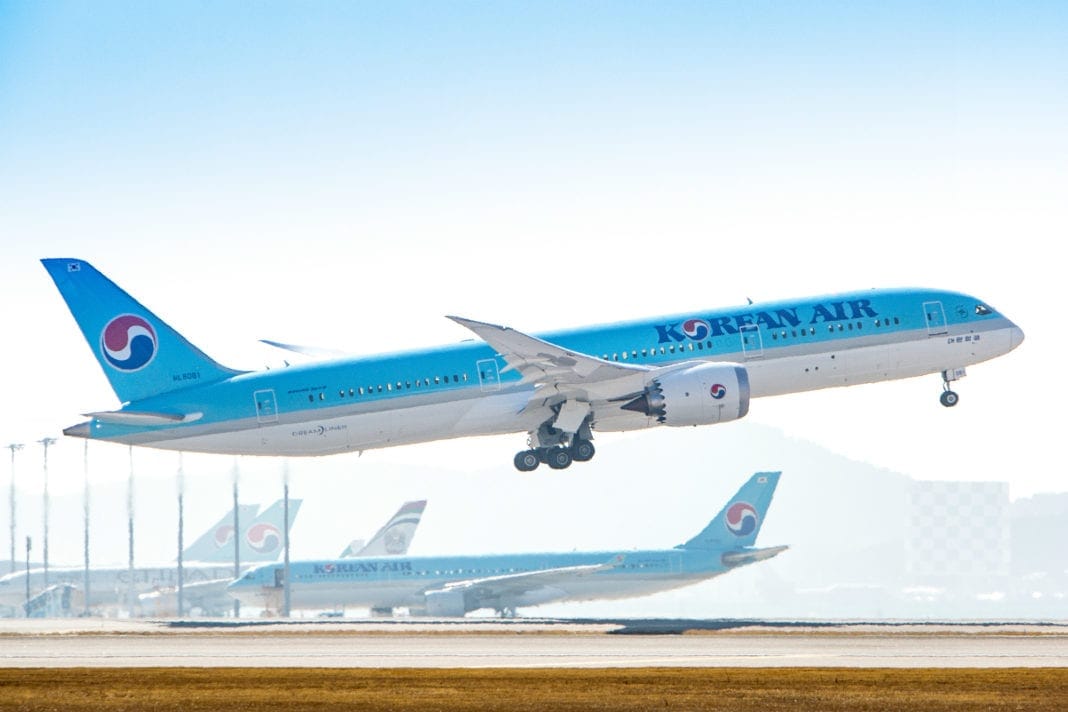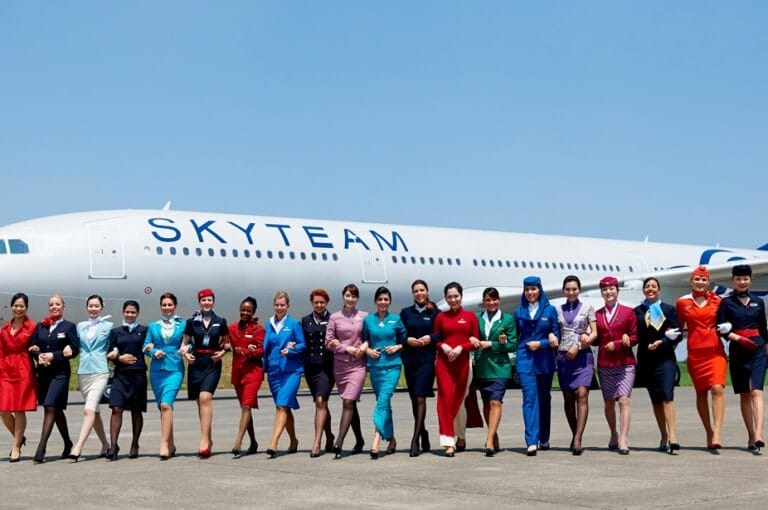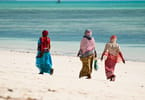Congresswoman Ileana Ros-Lehtinen rushed to the defense of the U.S. ban on travel to Cuba while others were blasting it at a Foreign Affairs Committee hearing on Thursday.
The Miami Republican reiterated the rationale for the travel ban as a way to deprive the Castro regime of American tourism dollars to try to hasten its collapse.
“Proponents of unfettered travel to Cuba seek to reward the Cuban regime with tourism cash flows, as the dictatorship tightens its stranglehold on the Cuban people,” she said.
She said one of her colleagues joked, “Let the Castro brothers deal with spring break once or twice, and we’ll see how much control they still have.”
“How could anyone credibly argue that lounging on the beaches of Varadero or partying in the nightclubs till the wee hours of the evening will bring freedom and democracy to the Cuban people?” Ros-Lehtinen said. “It is not funny.”
Here’s a text of her opening remarks at the hearing:
U.S. Rep. Ileana Ros-Lehtinen (R-FL), Ranking Republican on the House Foreign Affairs Committee, made the following opening statement at this morning’s Committee hearing regarding U.S. policy towards Cuba:
“On January 21st of this year, I heard a statement that appeared to telegraph to the world that the U.S. would hold brutal regimes accountable for their actions; that our foreign policy toward tyrants would be based on the overarching moral, political, and strategic U.S. objective of promoting freedom and democracy.
“On that historic day, President Obama said ‘To those who cling to power through corruption and deceit and the silencing of dissent, know that you are on the wrong side of history…’
“He added that the U.S. would extend a hand ‘if’, he emphasized, ‘you are willing to unclench your fist.’
“And I commend President Obama for re-stating his position earlier this year and re-stating his support of the U.S. embargo on the Cuban dictatorship, calling on the regime to free all political prisoners.
“The President said ‘The Cuban people are not free…And that’s our lodestar…when it comes to our policy in Cuba.’
“Proponents of unfettered travel to Cuba seek to reward the Cuban regime with tourism cash flows, as the dictatorship tightens its stranglehold on the Cuban people.
“Let’s have an honest debate on the issue of travel to Cuba—one based on facts. There is no ban on travel to Cuba. Do not mislead the American people. A ban denotes a prohibition on any travel to the island. But there are 18 different ways Americans can legally travel to Cuba—8 categories under general licenses and 10 categories under specific licenses.
“In addition to family, journalists, and official U.S. government travel, one can travel for other reasons, ranging from verifiable educational, religious, and humanitarian activities, to ‘professional research and meetings’, athletic competitions, artistic performances, and activities relating to authorized U.S. exports to Cuba.
“Many Members of Congress travel to Cuba every year—some at taxpayer expense– stay at the best hotels– some of which have been built on confiscated U.S. property– and return with nothing but glowing reviews about Fidel Castro and his new ‘face man’ and current dictator, his brother Raul.
“In April, for example, one of our House colleagues traveled to Cuba and said this of Fidel Castro, ‘It was almost like listening to an old friend.’
“Even more regrettable, many of our colleagues have sought to present the apartheid system of health care in Cuba as a model for the U.S. to emulate.
“A Member of this committee, during an August 28th town meeting, praised the Cuban regime’s health care system and said Fidel Castro was ‘one of the brightest leaders I have ever met.’
“This is the same Cuban health care system which provides all the best treatment to foreigners and to the regime elite, while denying it to dissidents and subjecting some political prisoners to electroshock treatment as punishment for their beliefs.
“Some of the categories of U.S. travel to Cuba have been in place for decades. In fact, during the Carter administration, there were no restrictions on travel to Cuba. Despite this licensed, targeted American travel; despite the onslaught of European tourists and visitors from countries in the Western Hemisphere the Cuban regime has not unclenched its fist.
“In fact, just two weeks ago, independent blogger Yoani Sanchez and fellow blogger Orlando Luis Pardo, were detained and beaten by Cuban agents, to prevent them from participating in the “march against violence.”
“A week ago, José Antonio Vázquez was fired as a chef at a restaurant, because of his opposition to the Cuban dictatorship and for wearing a ‘CAMBIO’ – ‘CHANGE’– bracelet just like the one I’m holding up.
“What opponents of the current travel regulations want is unrestricted tourist travel to Cuba.
“One of our colleagues in this Committee has even joked ‘Let the Castro brothers deal with spring break once or twice, and we’ll see how much control they still have.’
“We have seen the images in the news of what happens during Spring Break. How could anyone credibly argue that lounging on the beaches of Varadero or partying in the nightclubs till the wee hours of the evening will bring freedom and democracy to the Cuban people? It is not funny.
“The majority of Europeans and tourists from around the world have been going to Cuba for rum, music, sex, cigars, and sun for years. Have they brought about democratic reform and change?
“By contrast, as Ambassador Cason, one of our witnesses today, highlighted in an editorial earlier this year, the tourism restrictions or travel ban against South Africa’s apartheid government, did play a key role in forcing a change by convincing the government that its practices were unacceptable and would not be condoned.
“Cuba travel regulations and U.S. sanctions on the Castro regime were developed to address U.S. security interests and foreign policy priorities and are based on solid legal ground.
“First, the tourism sector in Cuba is built on confiscated U.S. property.
“Many of the hotels and restaurants which are closed to the average Cuban, are part of the uncompensated property stolen from Americans.
“Why would we seek to propagate such violations of U.S. property rights by promoting tourism to the island?
“Second, the Cuban dictatorship’s economic vulnerability lies in the tourism sector, as it constitutes the single biggest source of income for the regime.
“In the same manner that the Iran Libya Sanctions Act was enacted in 1996 to target Iran’s economic vulnerability, its energy sector, and in the same manner that this Committee, just three weeks ago, adopted the Iran Refined Petroleum Sanctions Act to impose sanctions targeted at Iran’s newest economic Achilles’ heel, so it is that U.S. travel regulations are targeted at the tourism sector.
“Tourism is to Cuba what energy investments and refined petroleum products are to Iran.
“Third, it is in our nation’s security interest to curtail travel to the island.
“As former Defense Intelligence Agency counter-spies have emphasized during Congressional briefings and as analysts at Stratfor Global Intelligence report: ‘…the Cuban military is well-integrated throughout the tourism industry…This presents an excellent platform from which to conduct a wide variety of illicit activities due to the large volume of foreign visitors who pass in and out of these resorts, providing Cuba with hard currency.’
“Among other regime entities involved in the tourism sector are Grupo de Administracion Empresarial S.A. (Enterprise Management Group), or GAESA, which is the holding company for the Cuban Defense Ministry. This group holds a wide array of companies, including Sasa, which controls the island’s gas station network and Gaviota, which controls and operates more than 30 hotels and resorts.
“Tourism profits have enabled GAESA to control the Military Counterintelligence Department VI and its support companies, such as Antex which has served as a channel for introducing Cuban intelligence operatives into foreign countries.
“It has also been reported that Cuban intelligence sees tourist travel to the island as an important source of potential assets—that is, as a means of recruiting foreigners to spy for the regime.
“Given the success of Cuban intelligence in recruiting U.S. academics, a senior INS official, a senior Department of Defense official, State Department intelligence and research official Walter Kendall Meyers, and the most senior Cuba analyst at the Defense Intelligence Agency, Ana Belen Montes, to betray the United States and spy for the regime, why would we want to facilitate such potential espionage activities by allowing unfettered travel to Cuba?
“Fourth, the U.S. Supreme Court has said that travel to Cuba can be restricted in support of U.S. foreign policy.
“The Court held ‘…there is an adequate basis under the Due Process Clause of the Fifth Amendment to sustain the President’s decision to curtail the flow of hard currency to Cuba …by restricting travel…’
“Fifth, the travel regulations also help contribute to the safety of Americans and enable us to minimize the risks to U.S. travelers to Cuba.
“Some have sought to justify the removal of all travel restrictions by comparing Cuba to Iran. I welcome such a parallel. The case of Iran illustrates the need for the travel regulations by shining light on the safety and security issues associated with unregulated travel to countries under the control of rogue regimes.
“Three American backpackers, who got lost while hiking in a mountainous region along an unmarked Iran-Iraq border, were detained by Iranian border security agents in July and are now being charged with espionage.
“There is also the case of Iranian-American journalist Roxana Saberi, who, in April of this year, was sentenced to 8 years in prison after Iran accused her of spying for the United States. After spending four months in prison, she was released in May.
“The Director of the Middle East Program at the Woodrow Wilson International Center for Scholars was detained in Iran in 2007 and placed in solitary confinement in Evin Prison for more than 110 days.
“Iran and Cuba are not trustworthy regimes.
“Already, the Department of State warns ‘In several instances, the Cuba(n) (regime) has seized the U.S. passports of dual nationals…and has denied these individuals permission to return to the United States…Cuban authorities consistently fail to notify the U.S. Interests Section of the arrest of Cuban-American dual nationals and deny U.S. consular officers access to them. They also withhold information concerning their welfare and treatment.’
“Why promote tourism travel to Cuba? Why not choose to go to the Bahamas, Jamaica, or the Dominican Republic, given the implementation of the CAFTA-DR trade agreement?
“Haiti needs help. Why not flock to Haiti and help rebuild this nation?
“Why choose to vacation off the backs of the forced, slave labor of the oppressed Cuban people who are denied access to the tourist hotels in their own country?
“Promoting tourist travel to Cuba does not advance the interests of the US or our constituents.
“If you desire to go to a warm tropical climate, come to Miami or Key West in my District or any of the beaches on either Florida’s Gulf or Atlantic Coast. Go to the Jersey shore. Visit California or Arizona on vacation.
“Let’s boost our states’ economies. Don’t fill the coffers of the Cuban regime.”






















